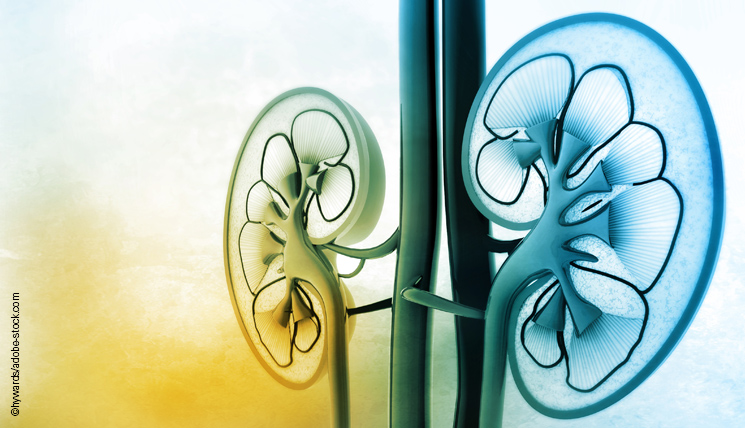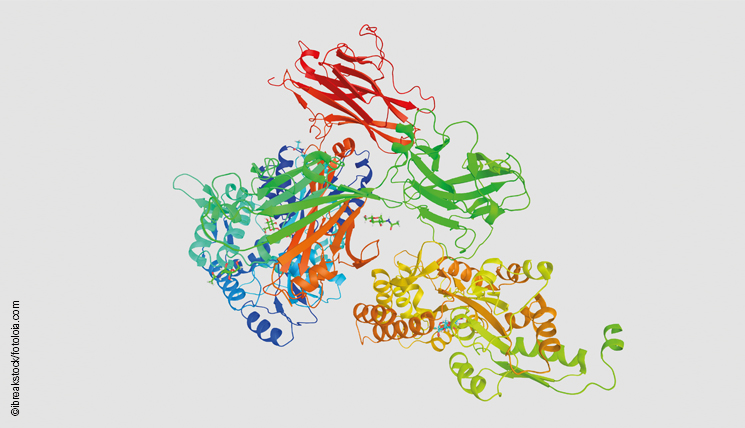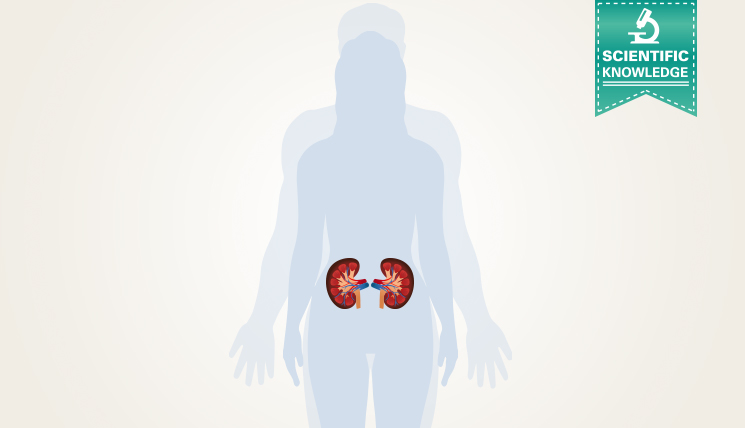New ELISA for determination of the renal inflammation marker sCD163
The new EUROIMMUN ELISA for detection of soluble CD163 (sCD163) in urine is now available. This is the first CE-certified test for this parameter on the market. Mark Little, Professor for nephrology at the Trinity College in Dublin (Ireland) showed in a study that increased concentrations of sCD163 in urine indicate an inflammation of the […]




